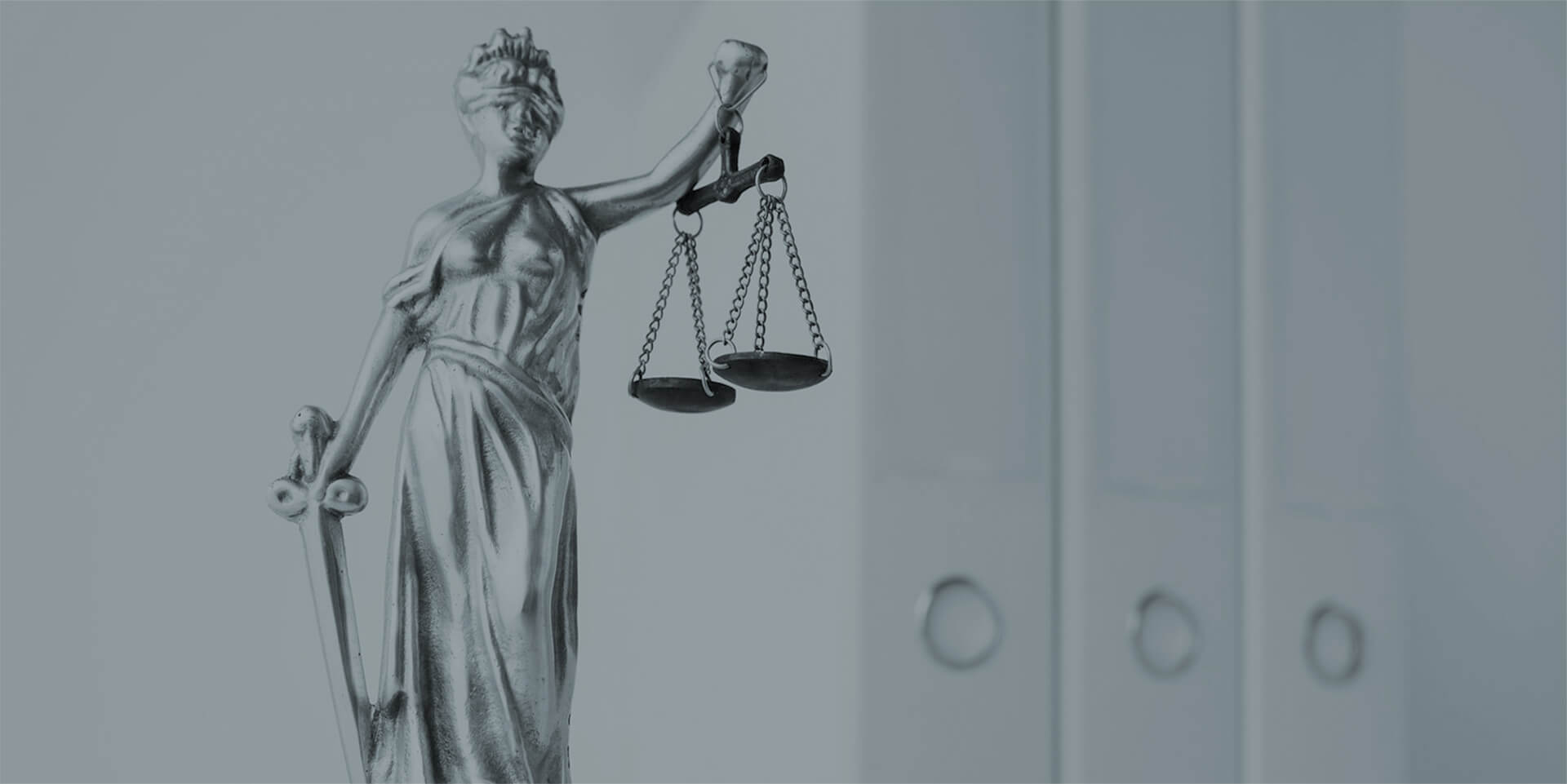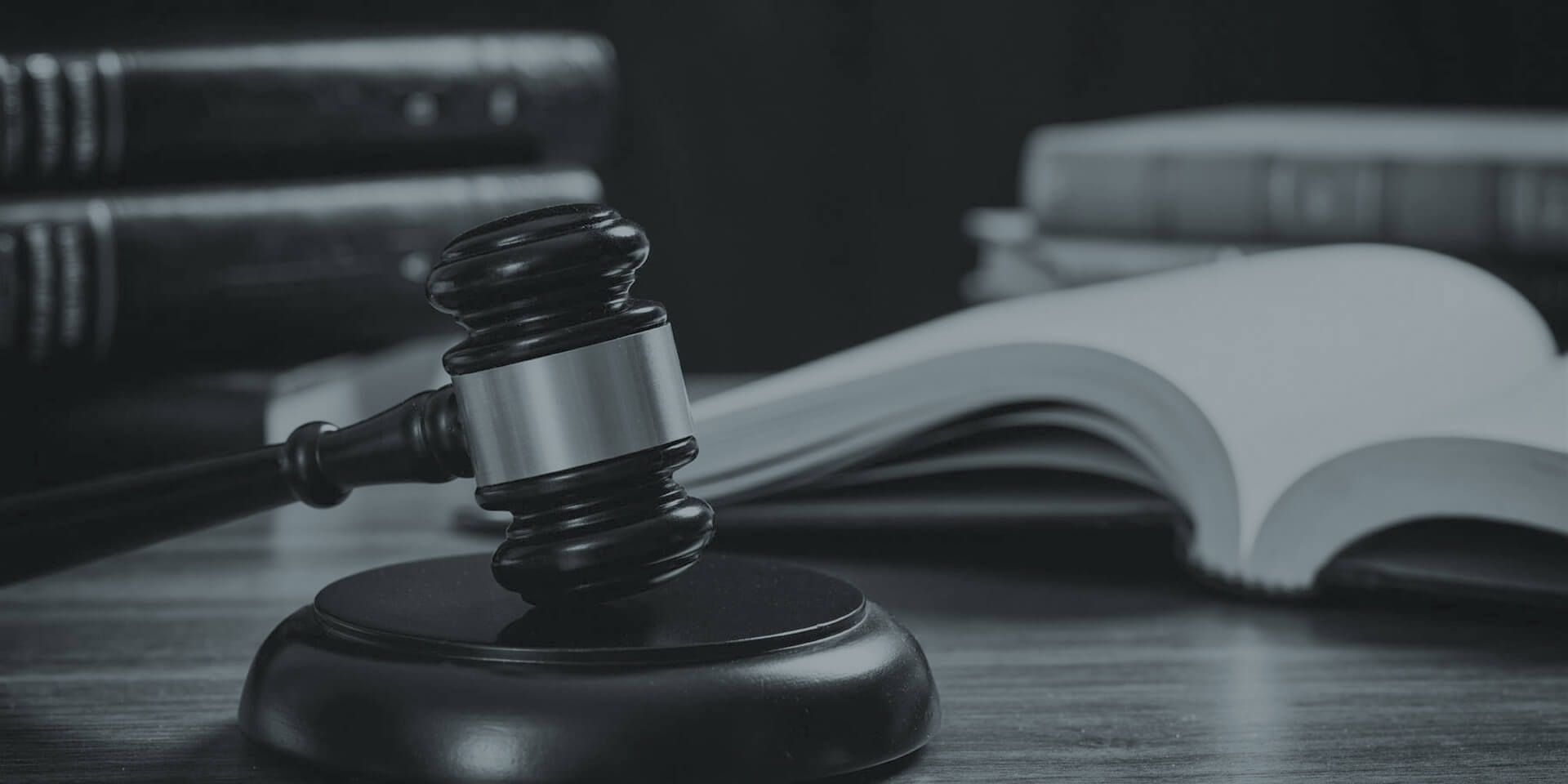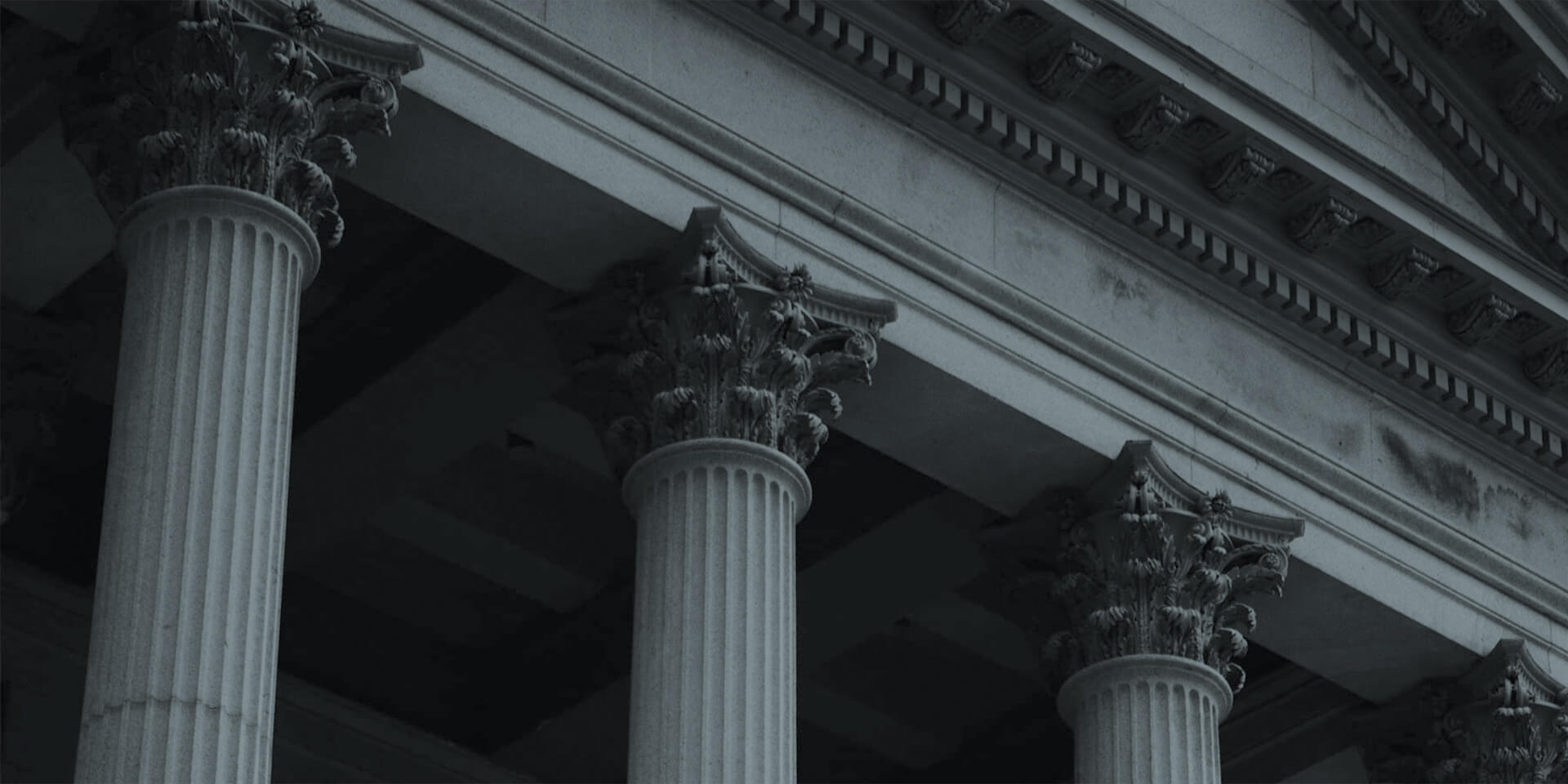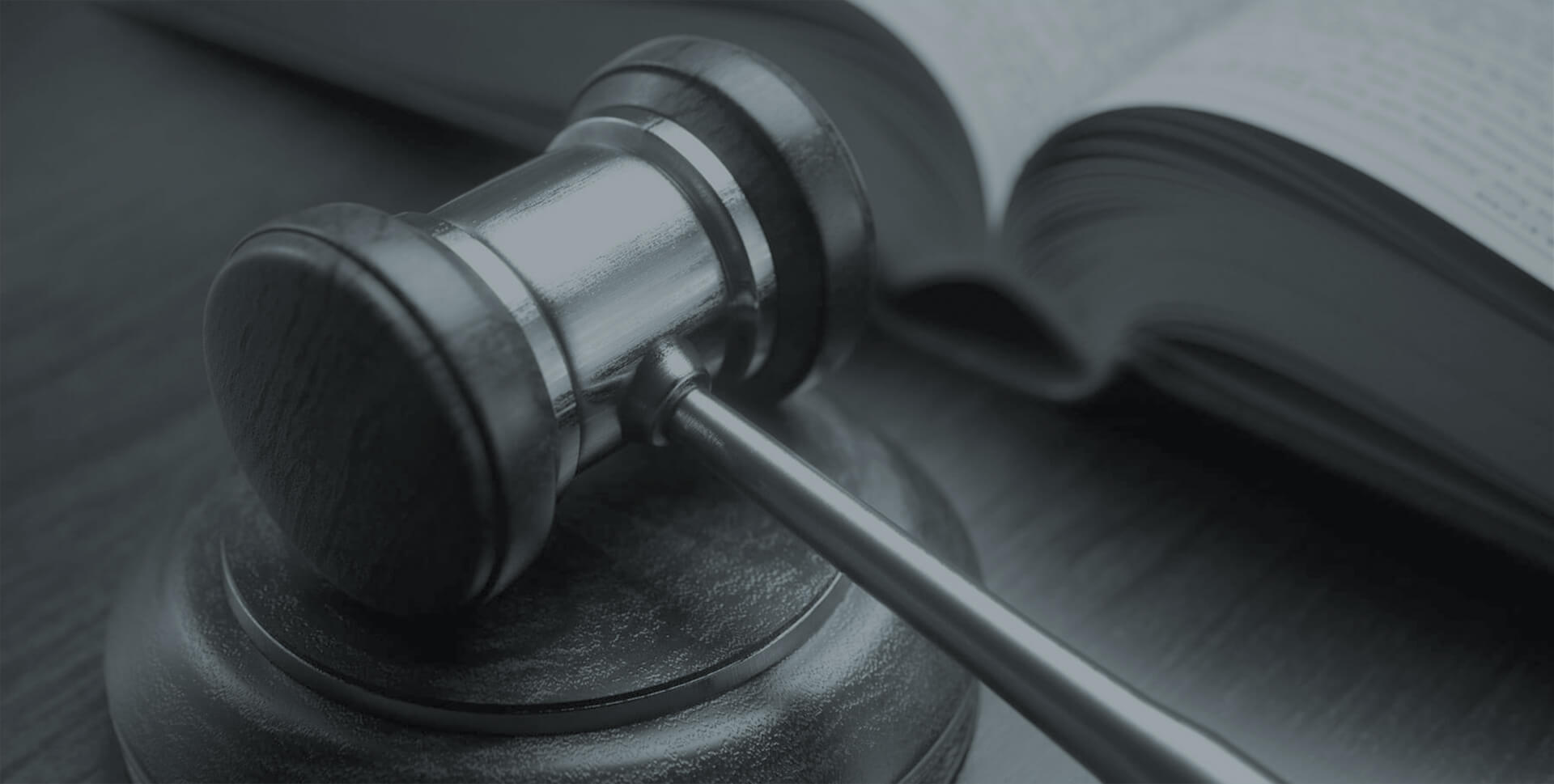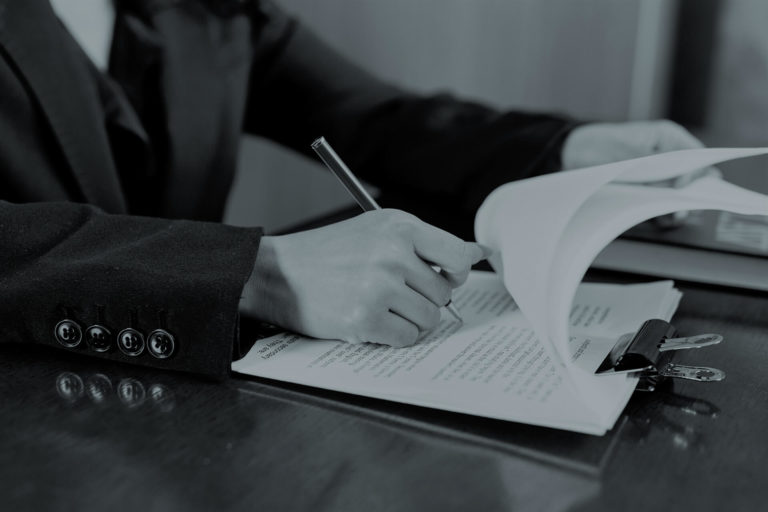We work hard to tip the odds in your favour.
We constantly challenge ourselves to provide practical, personal and cost-effective solutions, offering the very best in legal expertise, so that our clients can have peace of mind. It is our aim to help you regain peace and balance in your life, through knowing that your case is in safe hands with us.


